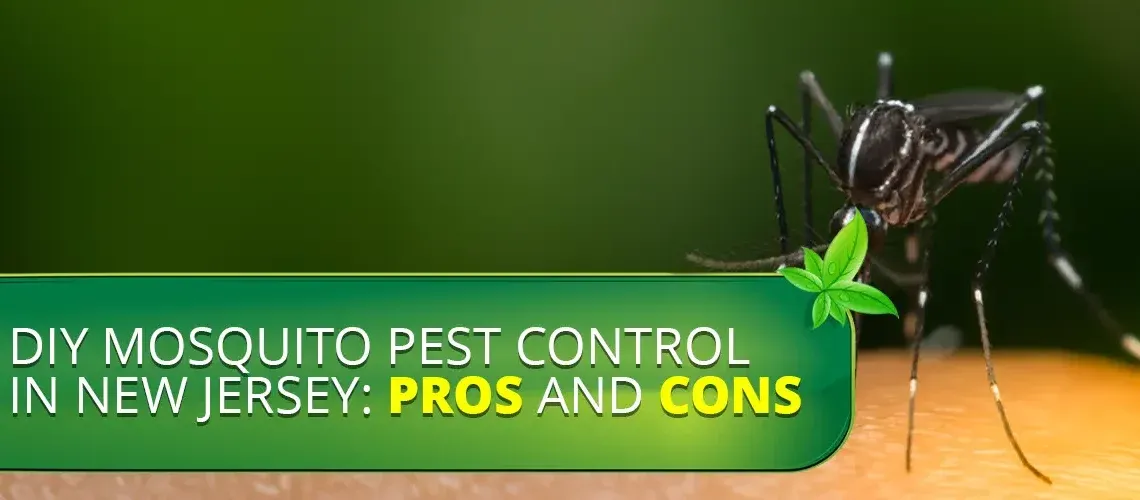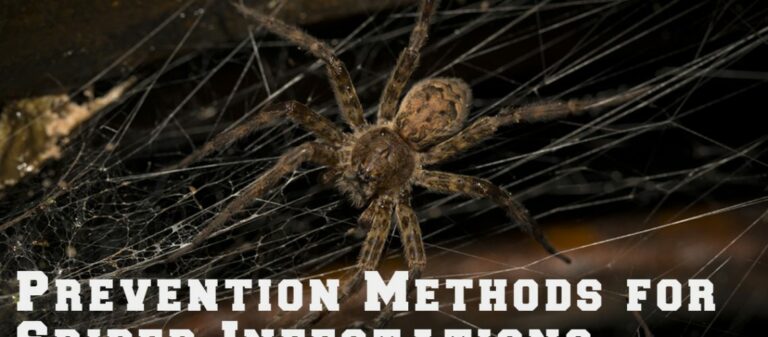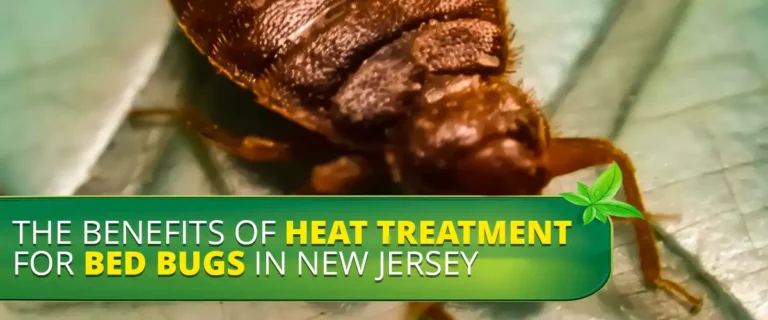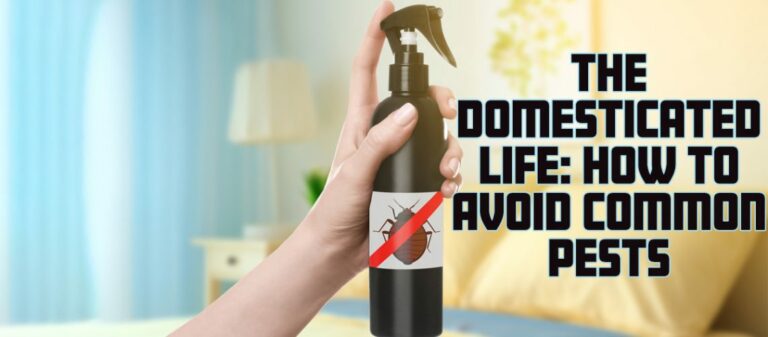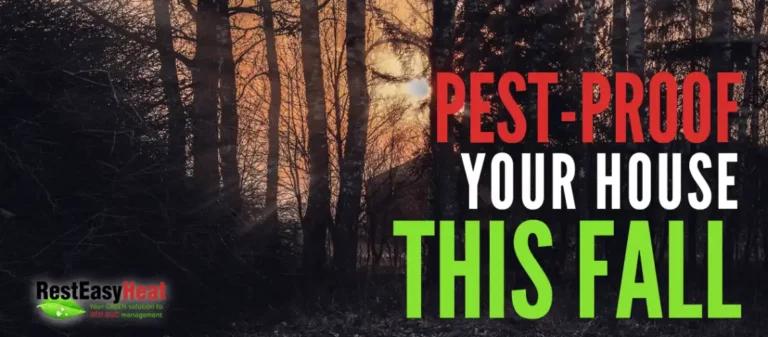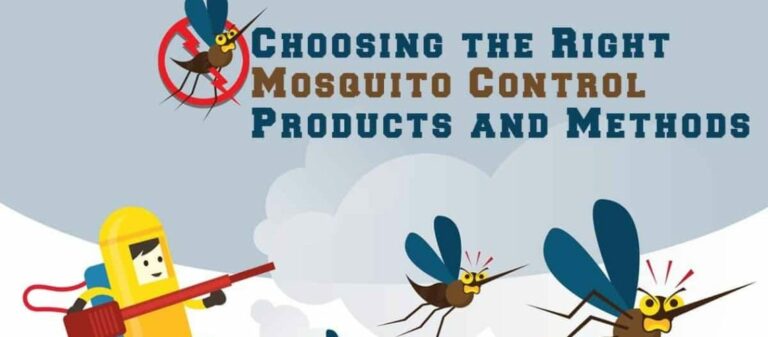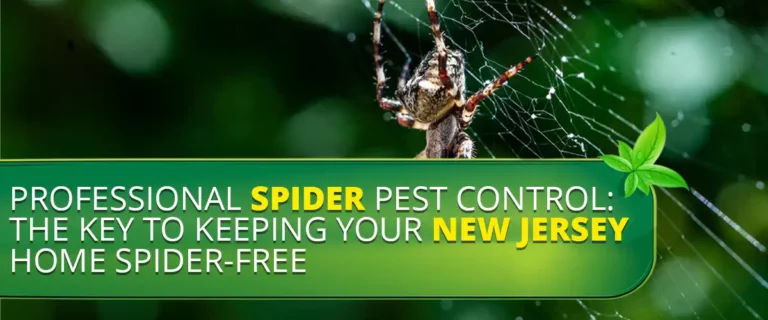Welcome to our comprehensive guide on DIY mosquito pest control in New Jersey. In this article, we will explore the pros and cons of taking matters into your own hands when dealing with these disease-carrying insects. Mosquitos are common flying insects that can carry various diseases and pose health risks to humans and animals due to their ability to transmit diseases when bitten by an infected mosquito. Examples are Zika, West Nile, Chikungunya, dengue, and malaria (CDC, 2016). While hiring professional pest control services is a standard solution, some homeowners opt for a do-it-yourself (DIY) approach to mosquito pest control. By understanding the advantages and disadvantages of DIY mosquito pest control, you can make an informed decision that suits your needs. So, let’s dive in!
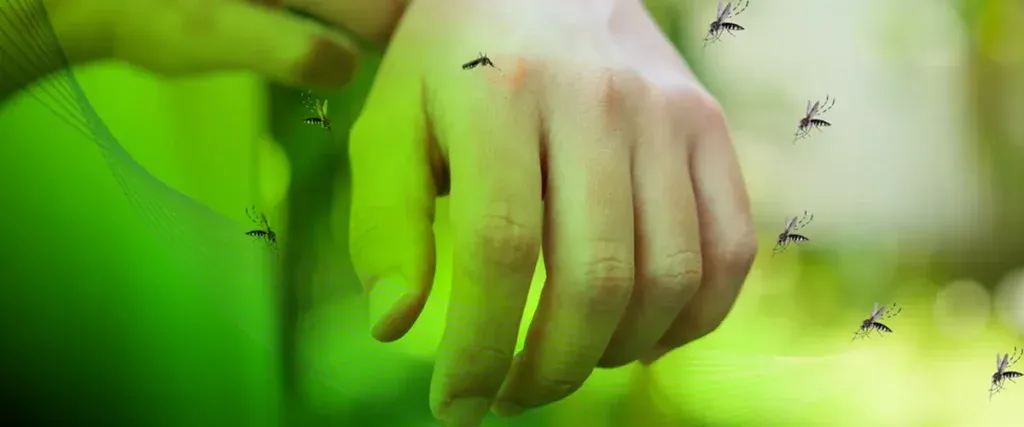
Pros of DIY Mosquito Pest Control
DIY mosquito pest control offers several advantages to homeowners. It empowers individuals to take proactive measures in preventing mosquito breeding grounds, reducing the mosquito population around their property. These are the pros of engaging in DIY mosquito pest control:
a. Cost Savings
One of the primary advantages of opting for DIY mosquito pest control is the potential cost savings. Hiring professional mosquito control services can be expensive, especially for long-term mosquito control. Taking matters into your own hands can save significant money on recurring treatments and maintenance.
b. Convenience and Flexibility
DIY mosquito pest control offers the convenience and flexibility to tackle the issue on your terms. You can choose the most suitable time to address the problem without waiting for scheduled appointments with pest control companies. This flexibility allows you to tailor the control measures to your needs and preferences.
c. Immediate Action
When you notice a mosquito problem on your property, DIY pest control lets you take immediate action. You don’t have to wait for professional exterminators to become available, which can help prevent the issue from worsening. Acting promptly can also relieve mosquito bites and minimize the chances of spreading diseases.
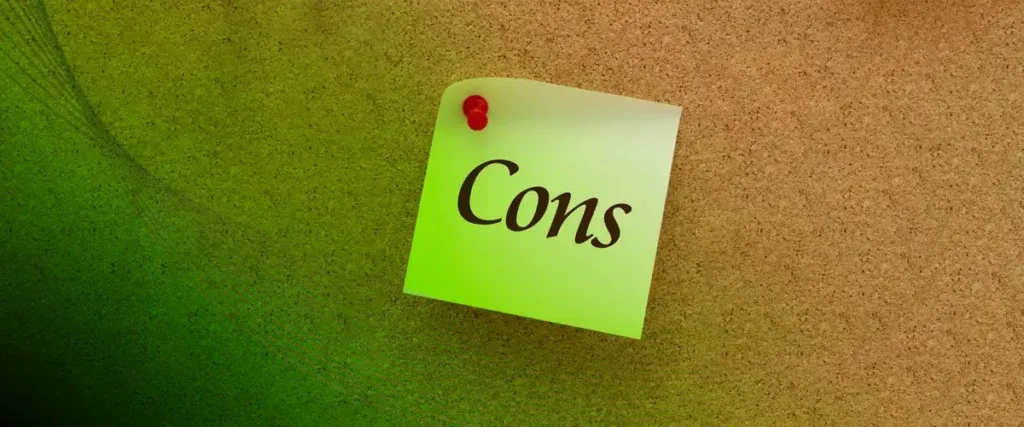
Cons of DIY Mosquito Pest Control
While DIY mosquito pest control has merits, it has limitations and potential drawbacks. These are the disadvantages of undertaking DIY mosquito pest control:
a. Knowledge and Expertise
One of the main drawbacks of DIY mosquito pest control is the need for more specialized knowledge and expertise. Professional pest control technicians undergo extensive training and have in-depth knowledge of mosquito behavior, breeding patterns, and effective control methods. Without this expertise, there’s a risk of ineffective control or unintentionally causing harm to yourself, others, or the environment.
b. Limited Resources and Equipment
Professional mosquito control companies have access to a wide range of specialized resources and equipment designed for mosquito control. As a DIY enthusiast, you may need access to the same tools and products, limiting your effectiveness in combating the issue.
c. Time and Effort
Successfully implementing DIY mosquito pest control requires time and effort on your part. Mosquitoes can be resilient, and addressing the issue comprehensively may involve multiple steps and repeated treatments. Depending on your property’s size and the severity of the infestation, this process could be time-consuming and require consistent monitoring and maintenance.
d. Potential Risks
DIY mosquito pest control can be practical, but potential risks are involved. Inappropriate use of chemicals or misapplication of control methods can lead to health hazards, environmental damage, or unintentional harm to beneficial insects. It’s crucial to prioritize safety and carefully follow instructions to minimize these risks.

Limitations of DIY Mosquito Control Methods
DIY mosquito control methods may be convenient and cost-effective for homeowners, but they have limitations in providing long-term solutions and raise health and safety concerns. Incomplete coverage is a significant limitation, as DIY methods may not effectively target mosquitoes in hidden or hard-to-reach areas.
Furthermore, DIY methods need more expertise, equipment, and products for long-term solutions, resulting in incomplete treatment, resistance development, and difficulties addressing complex infestations and disease risks. Homeowners should consider these limitations and the severity of their mosquito problem when deciding whether to seek professional pest control services for more effective and sustainable control.
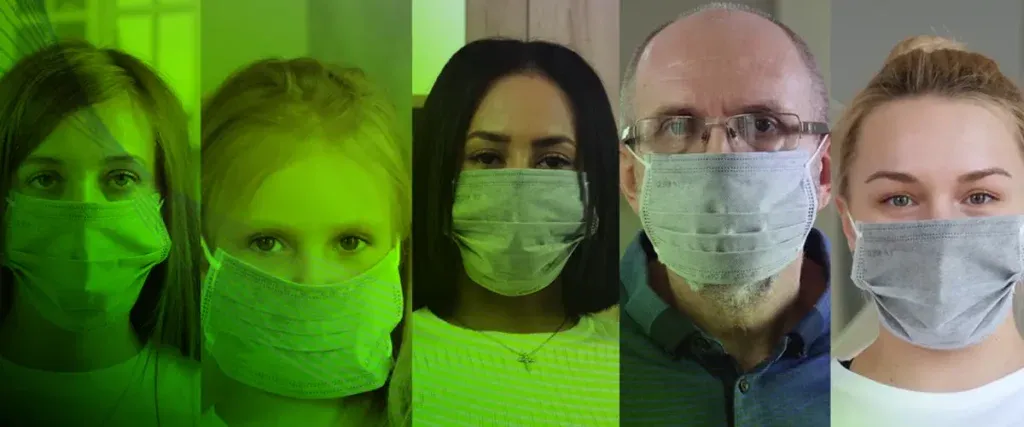
Health and Safety Concerns
Some individuals may have allergies or sensitivities to mosquito control products containing ingredients like pyrethroids. These allergies can manifest as skin rashes, itching, redness, or respiratory difficulties. If you or your family members have a history of allergies, exercise caution when using chemical-based mosquito control methods. Test a small area or consult with a healthcare professional before widespread application.
Meanwhile, the lack of knowledge about mosquito-borne diseases can delay diagnosis and treatment. To mitigate this risk, educate yourself about common diseases, stay informed about local health advisories, and take precautions to prevent mosquito bites. Seek medical attention promptly if you experience symptoms related to mosquito-borne illnesses.
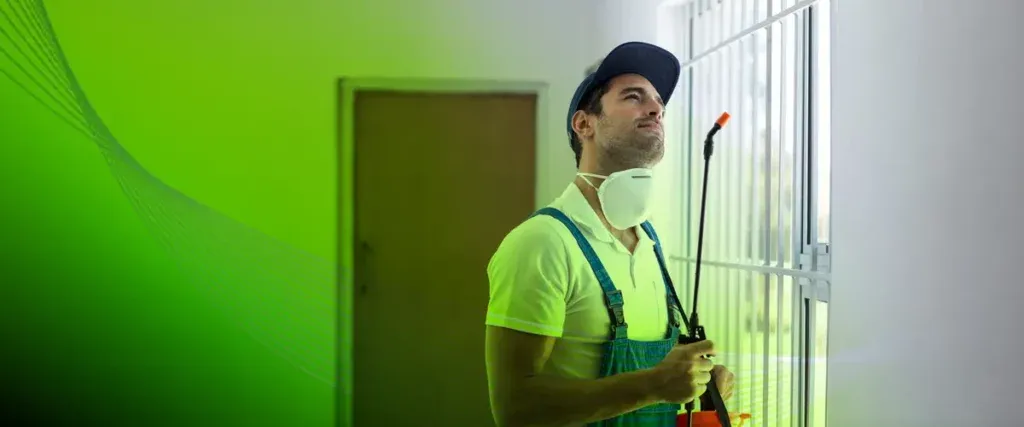
Balancing DIY Efforts with Professional Assistance
Finding the right balance between DIY mosquito control efforts and professional assistance is crucial. DIY methods are effective for prevention, including eliminating breeding grounds and taking personal protection measures. However, professional expertise is recommended for complex infestations to accurately assess the situation and implement targeted control measures.
Moreover, professional treatments are necessary for long-term control, utilizing specialized products and equipment. DIY methods can prioritize environmental considerations, such as using eco-friendly products or incorporating mosquito-repelling plants while professional pest control services offer regular monitoring and maintenance to ensure long-term effectiveness. By combining DIY efforts with professional assistance, homeowners can achieve comprehensive and sustainable mosquito control while minimizing environmental impact.
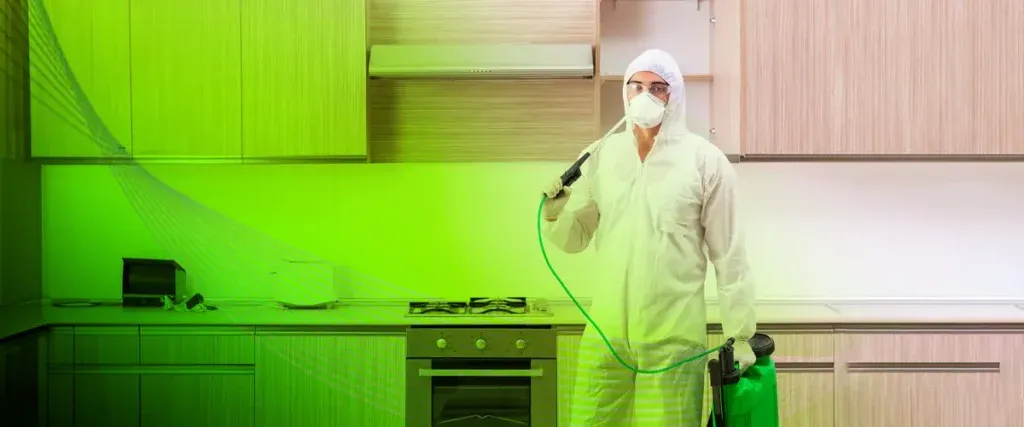
Take Control, Slay the Pests!
DIY mosquito pest control in New Jersey has its pros and cons. While it offers cost savings, convenience, immediate action, and the advantage of familiarity with your property, it also comes with limitations. Lack of specialized knowledge, limited resources and equipment, the need for significant time and effort, and potential risks are factors to consider. If you choose to go the DIY route, it’s essential to educate yourself on effective control methods, use appropriate products safely, and be prepared for ongoing maintenance.
Remember, if the mosquito infestation is severe or you’re unsure how to handle it, seeking professional pest control services is always viable. There are numerous mosquito control services in Bay Head, New Jersey. They have the expertise, experience, and resources to provide comprehensive mosquito control solutions. By weighing the pros and cons, you can make an informed choice that best suits your needs and helps you achieve a mosquito-free environment in your home, in New Jersey.
References:
Centers for Disease Control and Prevention. (2016) Mosquito-Borne Diseases. Retrieved from https://www.cdc.gov/niosh/topics/outdoor/mosquito-borne/default.html#:~:text=Mosquito%2Dborne%20diseases%20are%20those,from%20diseases%20spread%20by%20mosquitoes.

